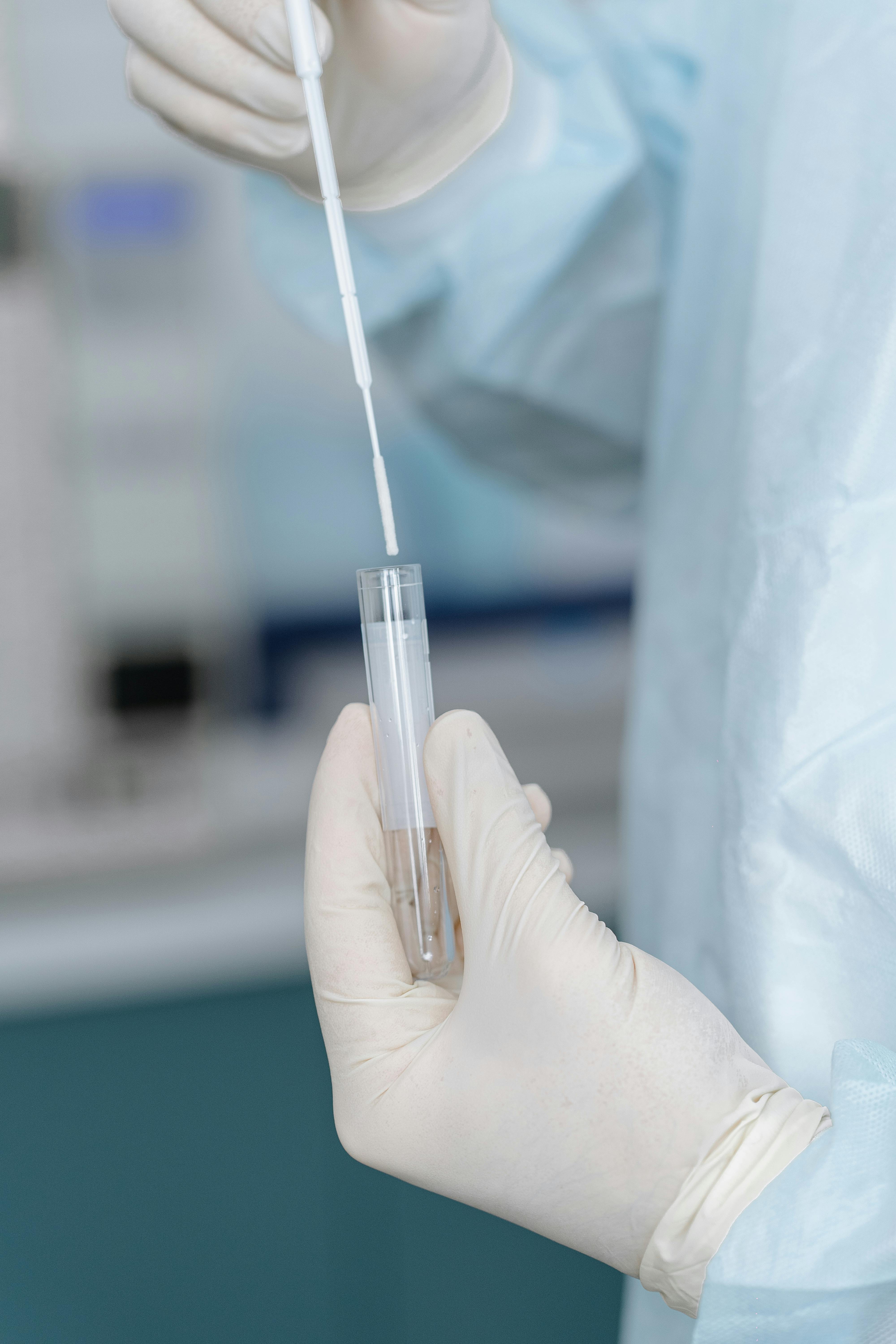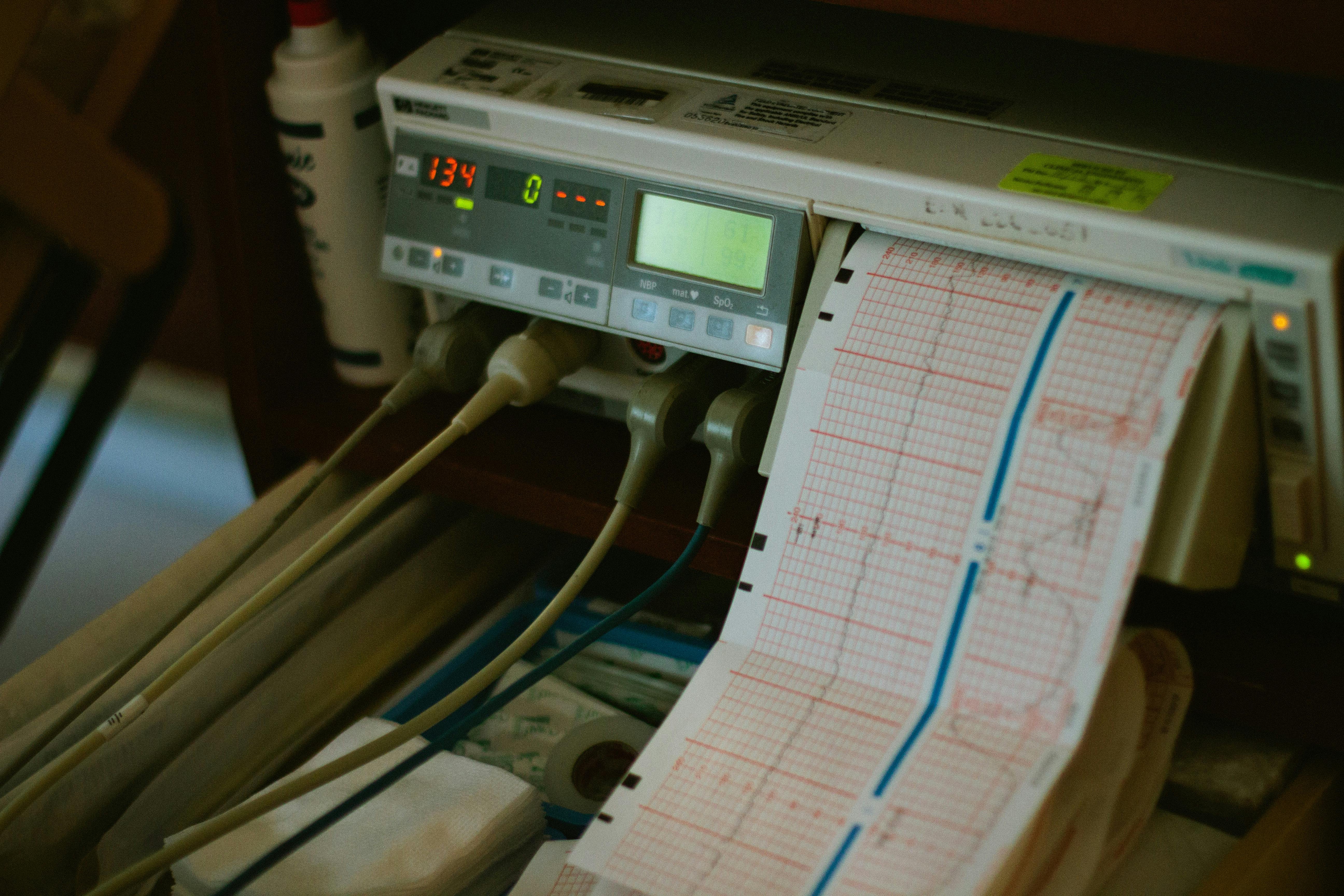How to Prepare for Medical Tests: A Complete Guide
Preparing for medical tests can often feel daunting, but it doesn’t have to be. With the right knowledge and planning, you can ensure a smoother process and get the most accurate results. This guide will walk you through the steps to take before your test, common challenges, and how to manage your health efficiently during this process.

Understanding the Fundamentals
Medical tests are crucial tools that help healthcare professionals diagnose conditions, monitor ongoing health, and determine appropriate treatments. Preparing properly for these tests can ensure accurate results and avoid unnecessary stress or errors. Understanding the nature of the test you’re undergoing is the first step toward successful preparation.
These tests range from routine blood work to more complex diagnostic procedures, each with specific preparation requirements. The key to preparation is knowing exactly what to expect, so you can follow the necessary steps to optimize your test results.
1.1 Importance of Medical Test Preparation
Proper preparation for medical tests ensures that the results you receive are reliable. For instance, fasting before a blood test can help ensure accurate cholesterol and glucose measurements. Studies show that inaccurate test results due to lack of preparation can lead to misdiagnosis or unnecessary follow-up tests.
Another critical aspect is mental preparedness. Knowing what to expect reduces anxiety, allowing you to be more relaxed during the test. This is particularly important for tests that require injections or other invasive procedures, where a calm demeanor can contribute to a better overall experience.
1.2 Types of Medical Tests and Their Requirements
There are various types of medical tests, including blood tests, imaging tests, and physical exams. Each test may have different requirements based on its nature. Blood tests, for example, may require fasting for 8-12 hours beforehand, while imaging tests like X-rays or MRIs typically have fewer restrictions.
Understanding these requirements is crucial. If you’re unsure about preparation for a specific test, always consult with your doctor or the medical facility performing the test. This ensures you’re fully prepared and don’t risk delaying or invalidating your results.
Practical Implementation Guide
Now that you understand the importance of preparation, it’s time to focus on actionable steps you can take to ensure you’re fully ready for your medical test. Each test may have its own set of instructions, but some general tips can apply to most situations.

2.1 Actionable Steps for Effective Test Preparation
- Step 1: Follow Pre-Test Instructions: Your healthcare provider or the testing facility will typically give you specific instructions regarding fasting, medication adjustments, or activity restrictions. Be sure to follow these to the letter for the most accurate results.
- Step 2: Gather Necessary Information: Ensure you have all your test orders, identification, and insurance details ready. Double-check any appointment times or location details the night before to avoid last-minute confusion.
- Step 3: Manage Your Diet and Lifestyle: For certain tests, such as glucose or cholesterol screening, avoiding specific foods or beverages beforehand can significantly impact the test results. Follow dietary restrictions precisely, and if you are required to fast, be sure to avoid any non-approved substances.
2.2 Overcoming Common Challenges
There are several obstacles you might face when preparing for medical tests. Understanding these challenges in advance can help you troubleshoot effectively.
1. Fasting Difficulties: Some individuals may find it hard to fast for extended periods before blood work. To mitigate this, plan your appointment early in the morning to minimize discomfort, and drink plenty of water to stay hydrated.
2. Anxiety and Stress: Medical tests can often trigger anxiety. Preparing mentally by practicing relaxation techniques or seeking emotional support can help you manage stress. Also, inform your healthcare provider if you’re nervous; they can help guide you through the process calmly.
Advanced Applications
As you gain more experience with medical tests, you may encounter situations that require more advanced preparation. This could include tests for more complex conditions or requiring specialized equipment. In these cases, understanding the full scope of the test and anticipating any additional preparations is key.

3.1 Advanced Blood Testing Procedures
For more advanced medical tests, such as hormone testing or genetic screening, preparation may involve coordinating multiple tests or avoiding certain medications that could interfere with the results. In these cases, it’s essential to follow any additional instructions regarding sample collection and timing.
Additionally, advanced tests may require multiple visits or a longer duration of preparation. Some tests, like genetic screenings, may involve counseling to explain the results and ensure you understand the implications. If you’re undergoing this type of test, ensure that you have access to the necessary resources for follow-up support.
3.2 Imaging Tests: What to Expect
In imaging tests like MRIs or CT scans, preparation can include ensuring that you’re free from metal objects (for MRIs), or drinking a contrast material before a CT scan. It’s important to follow the timing and specific instructions given by the testing center, as missing these steps could result in a delay or inaccurate test results.
For complex imaging tests, the need to adjust your daily routine and diet is crucial. Understanding these adjustments ahead of time can minimize disruptions and ensure a smoother test experience.
Future Outlook
The future of medical tests is rapidly evolving with advancements in technology, such as at-home testing kits and AI-assisted diagnostic tools. These innovations are making testing more accessible, quicker, and less invasive.
As these technologies evolve, it’s essential to stay informed about new developments. Preparing for tests in the future may involve adapting to new testing methods, learning about new tools, and understanding updated guidelines for preparing for these innovative tests.
Conclusion
Preparing for medical tests is essential to ensure accurate results and a smoother testing experience. By following clear guidelines and knowing what to expect, you can reduce anxiety and contribute to better health outcomes.
If you’re about to undergo a medical test, review the preparation steps outlined here and consult with your healthcare provider for additional instructions. Proper preparation today leads to more effective healthcare tomorrow.
Frequently Asked Questions
- Q: How do I prepare for a blood test? Ensure you follow fasting instructions, avoid alcohol, and stay hydrated before the test. Follow your doctor’s guidelines to ensure accuracy.
- Q: What should I bring to my medical test appointment? Bring your test order, identification, and insurance details. It’s also helpful to have a list of any medications you’re currently taking.
- Q: How long do I need to fast before a blood test? Typically, fasting for 8-12 hours is recommended. Check with your doctor for specific instructions.
- Q: Are there any costs associated with medical test preparation? Costs vary depending on the type of test and whether you need special equipment or additional consultations. Check with your provider to understand potential fees.
- Q: How can I reduce stress before a medical test? Practice relaxation techniques, bring a friend or family member for support, and talk to your doctor about any concerns.
- Q: What happens if I don’t prepare properly for my test? Poor preparation can lead to inaccurate results or the need for retesting. It’s crucial to follow all instructions carefully.
- Q: How do I prepare for advanced medical tests like genetic screening? Ensure you follow all pre-test instructions, and be prepared for potential counseling sessions to explain the results.